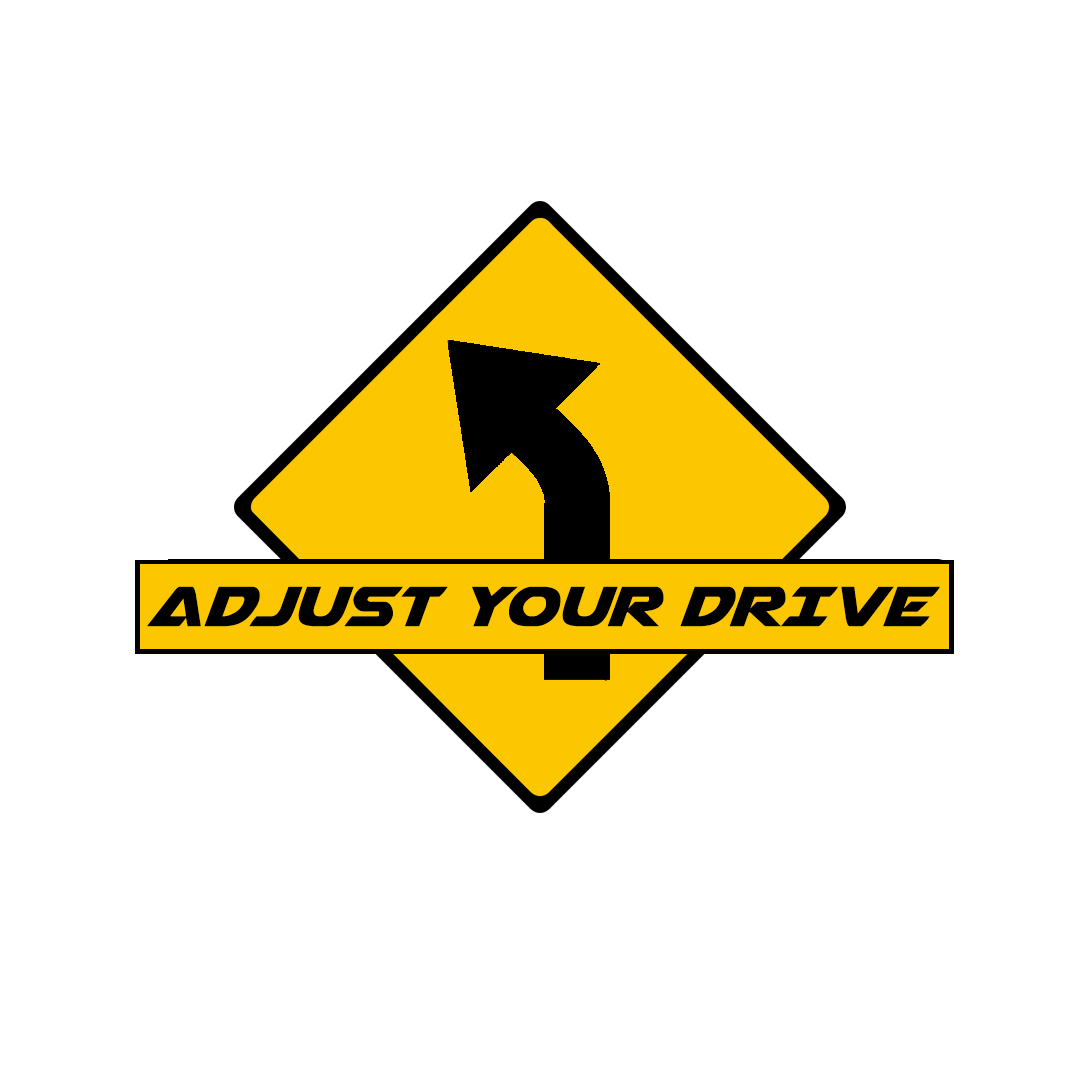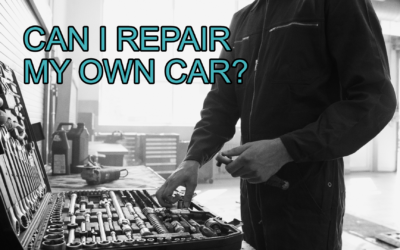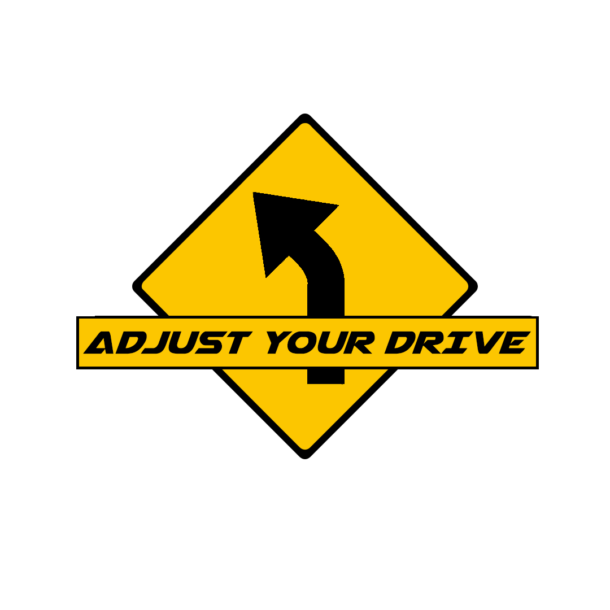If you’ve been involved in an auto accident, you may be asked to provide a recorded statement to one or more insurance companies. The insurance adjuster needs to investigate the accident before handling your claim. And you want your claim handled.
But how do you satisfy the needs of the claim, while also looking out for your own best interests? I’m a former insurance adjuster, and I’m here to fill you in.
The purpose of a recorded statement
When a claim is reported, insurance companies need to investigate. The facts of loss determine their actions on the claim.
The claims adjuster needs to handle three major elements in a car accident claim: coverage, liability, and damages. A statement from the driver is usually one of the first steps in the claims process. From a general statement, the adjuster can determine whether the claim is a covered loss, if their insured is liable, and at least get an idea of what kind of damages are involved.
Of course, this process may require several statements from various drivers, passengers and witnesses, depending on the complexity of the accident. Statements help the adjuster sort through the aftermath of a car accident to decide what their company owes.
You need to tell your story
Simply put, if you want an insurance company to pay for your damages, you will need to tell them how the accident happened. Now, that may take several different forms, and we will get into the nuts and bolts below. But you need to remember, no one can communicate your experience except for you.
If you are the insured (working with your own insurance provider), they need to know how to protect you. Whether that’s paying for the other driver’s damages, or defending you in a dispute, they are there to provide a service. You have already paid for this service with your insurance premiums. Now is the time they deliver.
If you are the claimant (working with another driver’s insurance company), you need to tell the adjuster why they need to pay your claim. This starts with communicating how the accident happened, and why their driver is at fault. If there is a dispute, you will need to provide evidence to support your story. The recorded statement is evidence #1.
Other people in the accident need to be taken care of
If you are at fault for an accident, you can’t just report the claim and walk away. Your insurance needs to investigate every car accident claim to determine fault. You should (and are likely required to) cooperate with the investigation of the claim to ensure they have all the information they need to handle the other claimants.
Giving a good insurance statement ensures your insurance carrier can take action and pay claims on your behalf. You don’t want an innocent party waiting around because you won’t return your adjuster’s calls. That’s a good way to make claimants angry and push them to sue.
Some claims don’t need recorded statements
Not all claims need statements. Sometimes the initial report is enough to go on.
These situations may include:
Comprehensive claims – If your vehicle hits a deer or is struck by lightning, there is no liability to investigate. They will probably ask you a few questions to make sure it’s a covered loss, and that’s about it.
Clear liability – If you hit a parked car or simply rear-ended someone without dispute, your company my skip the statement and set fault immediately.
Single car accidents – If you drive off the road and hit a tree or other object, your adjuster probably won’t bother with a recorded statement.
Your insurance company has the discretion to decide.
Insurance carriers have a right to investigate claims, and they are the ones to decide what evidence is needed. Remember, short of a court decision, the insurance companies are the ones who decide fault.
With your own insurance company, your insurance policy likely has a cooperation clause. This requires you to provide the evidence they request, or they may deny you coverage.
With the other driver’s insurance company, it’s more of a pragmatic decision. What action do you want them to take, and what will get you there? Do you want to provide them a recorded statement or a written statement? Do you want to let your own insurance handle it? Can you let your attorney decide?
More: Do I need to give a recorded statement?
What to Expect
The insurance representative will usually try to reach you by phone first. If it’s not a good time for a phone call, feel free to reschedule. Don’t feel under pressure to give a statement while busy or unprepared.
The statement could be formal or informal, depending on the company, adjuster, and location. Some companies like to turn on the recorder specifically for the description of the loss, and they have specific statements to read/questions to ask. Other companies may just record the entire phone call.
In most situations, they should inform you when you are being recorded.
The adjuster will typically ask you to describe the accident in your own words first. Then they will start asking specific questions to clarify and nail down the details. You will want to have your answers ready, which brings us to our first specific tip:
Do prepare yourself
To give an effective and understandable statement, you need to be able to describe the accident clearly. Try this beforehand. Write down the events in chronological order. You can even keep your notes in front of you when you give your statement.
Do have contact info ready
Especially if there was a witness. You want the insurance companies to be able to reach them swiftly, before they forget details of your accident. The same goes for any passengers in your vehicle, or anyone else directly involved.
Do have witness info ready
If there was a third party witness to an accident, try to get their contact information. Have their name and telephone number ready for the adjusters. In the event of a dispute, the witness’s statement could be the determining factor in who is found at fault.
Don’t contact the witness yourself
If you try to talk to the witness, get your own statement from them, or even just discuss the accident in detail, you run the risk of influencing their memories. A careful adjuster will ask the witness if they know any of the drivers involved, and try to assess if they are truly a neutral party. If the witness says you’ve contacted them several times and talked about what to say, then the insurance adjuster may have cause to disregard their statement.
Do have evidence ready
This could be a copy of the police report. This could be photos taken at the scene. This could be dash cam footage. Anything you might need to refer to, have it on hand.
Do diagram the accident
Sometimes it’s easier to draw what happened than to describe it in words. Especially if you are describing a specific path taken or the angles of vehicles and roadways. You can use your diagram for your own purposes, or you can email it to the adjuster for even more clarity.
Do use Google Maps
As an adjuster, part of my claim process was to look up the location of each accident on Google Maps before calling for a statement. That way I could verify street names, directions, traffic controls, etc.
You can do the same. Looking at the scene can help jog your memory. It can help clarify the number of lanes on a road. And it can keep you from losing credibility by describing something incorrectly.
Do know your time, speed, and distance
I had this drilled into me as a trainee. Always ask about time, speed, and distance. These are specifics that can help reconstruct an accident. However, many people are very bad at estimating these numbers. If you know the specifics, say so. If you don’t…
Don’t guess
If you don’t know the answer to a specific question, don’t guess. You run the risk of being wrong, which can be detrimental. You also run the risk of making yourself look very bad. For instance, guessing where another driver came from when you didn’t actually see them. Don’t assume they were on the road when they might have just pulled out of a driveway. Don’t assume they were driving in a parking aisle when they might have been backing out of a space.
Don’t lie
It’s not a good look. It’s not as convincing as you think, and it may qualify as insurance fraud. Adjusters are always on alert for statements that sound fishy. And it can destroy your credibility when you are proven wrong.
Do stick to the facts
It’s in your best interest to keep personal stories and emotional asides out of it. You don’t want to talk about the argument you had with your mom, or your trouble at work. Things like that could be construed as a distraction to the driver, and begin to muddy the waters. Bottom line, you just want to talk about what you saw, heard, and what specific actions you took.
Don’t give extra info
Giving too much information could hurt your case later. You don’t want to downplay a potentially serious injury. And you don’t want to give personal information that could lead someone to question your motivations for making a claim, such as financial hardships.
Don’t admit fault
It’s not your job to determine fault. Even if you feel you were at fault, don’t say it. Your insurance adjuster is often an experienced professional who may know specific laws to help defend you. You also don’t know exactly what the other person may say. I handled many cases where my insured told me they knew they were at fault, but my investigation showed shared liability between both drivers.
Do stay calm
For some people, it may be uncomfortable to have your point of view questioned. Just remember, this is part of the process. Especially in cases where the facts are disputed, adjusters will need to ask specific questions so they can compare each statement to the evidence and make their best determination on liability. If you get angry it can cloud your judgement, as well as destroy any goodwill with your adjuster.
Don’t apologize
The statement is to give facts about what happened. Some drivers tend to apologize for things that aren’t their fault. You don’t want to give the adjuster ammunition to assign you more fault than necessary.
Do clarify when needed
When the adjuster asks a question you don’t understand, or uses jargon you’ve never heard of, ask them to clarify. It’s okay to make sure you understand before giving an answer.
Don’t feel rushed
Take your time, make sure you understand each question, and don’t get ahead of yourself. You’re not on the clock. Some accidents are easy to explain, and some are not.
Do ask if you can provide a written statement
For some people it is uncomfortable to tell your story and answer questions over the phone. A recorded statement might not be the best way to tell your story. You can ask to provide a written statement instead.
The advantage is that you can take your time and review your work before sending it in. Make sure it is clearly written. You might have a friend or family member read it to make sure everything makes sense.
The downside is that the adjuster might still have some questions. If they need a specific answer, they may still need to call you. Or they may have to email back and forth to get an answer. And that all takes more time, which may delay having your claim handled.
Don’t think you can change your statement later
There are some cases where an adjuster may need to get more info later, such as when they talk to another driver and get a different story. So adding info is sometimes needed.
But you can’t go back and change your statement. I dealt with many drivers who wanted to give a new statement once I told them they were at fault. No, it doesn’t work like that. You tell them what happened, then they make a decision. If you want to argue their justification, that might be applicable. But you can’t change the evidence to fit your desired outcome.
Regarding Injuries:
Do let someone know if you are hurt
Adjusters need to be aware that injuries are involved. This triggers an injury exposure on the claim. They are required by law to set reserves, which means the company sets aside a certain amount of money based on how many pending exposures they have. However…
Don’t go into detail about injuries
Repeat after me: I am injured, but I don’t know the full extent at this time. This is really all that is needed on the first conversation.
But you’re not going to settle your injury claim right away, so don’t go into more detail than is necessary. Don’t discuss specific diagnoses right away. Don’t discuss your past medical history. This early in the investigation, you do not know the full extent of your injuries. You do not know exactly what treatment will be needed. So skip the details for now. Those things can be addressed separately.
Do not discuss any injury settlement
If you are injured, an adjuster might offer a quick settlement. In some cases it might be tempting to accept a payment up front. But these first-call settlements are often not a full and fair evaluation of your claim.
Again, if the claim is still being investigated, you probably don’t know the full extend of your medical care, medical bills, wage loss, or any other details. The adjuster has not read your medical records, they don’t know your specific diagnosis. You are not maximizing your chances of fair compensation by jumping at the first settlement offer.
Even with minor injuries, it’s best to revisit settlement at a later date. Even if you come back and settle for the same amount of money, you have gained peace of mind by knowing it is fair and correct.
If you want to know more about handling your own injury claim, I have a course available just for you. Painless Whiplash Negotiations is written by an insurance adjuster, and gives you the best arguments to use with insurance adjusters.
If you have a lawyer:
Don’t give a statement without your attorney present
Your personal injury attorney will want to be there when you tell your story. They will control the information being provided, and will advise you if there are questions not to answer.
Don’t send anything except through your attorney
The same rule applies to sending written statements, photos, or other evidence. You are paying your attorney to handle these things for you. The process will take longer passing info through multiple hands, but you will know your lawyer approved everything.
Don’t discuss injuries at all
This is another area your attorney will control tightly. Most adjusters know not to ask these questions if you are attorney represented. However, I have had people just start rambling and volunteering information to me, when I knew they had hired an attorney. I actually had to remind them not to discuss their injuries with me.
If you’re not sure about hiring an attorney, try a consult first
Most injury law firms will do a free consultation with no legal obligation. Even if you don’t hire them, this may help answer some questions about your case, and they can advise you of your legal rights. Be specific, you should know exactly what services they will perform for you before you sign a contract and establish an attorney-client relationship.
Read more about how to talk to adjusters here.






0 Comments